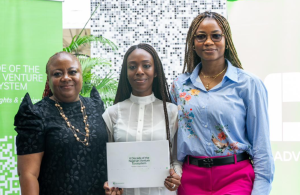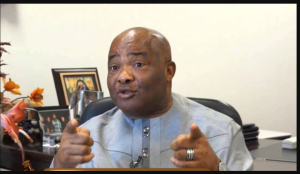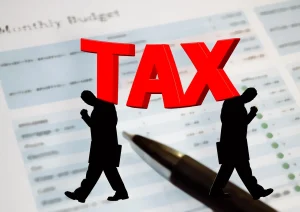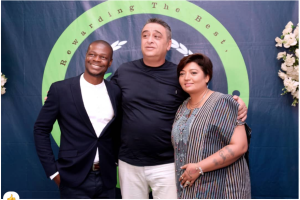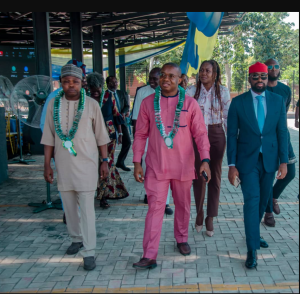
Key Things to Know About the UN Water Conference 2023

On 22-24 March, the United Nations will hold the first global conference on freshwater in almost 50 years. But what exactly is the UN 2023 Water Conference, and will it make a difference? Here are six questions and answers to bring you up to speed.
. Why is there a need for a UN conference on freshwater?
The world has not managed to take decisive action to tackle the global water crisis, and many issues discussed at the first UN conference on freshwater back in 1977 remain unresolved. It is hoped that the UN 2023 Water Conference will make more people understand that we need to radically change how water is used, managed and valued.
Compared to fifty years ago we now have a much better understanding of global water challenges and the world has committed to solving many of them for example through the 2030 Agenda for Sustainable Development, adopted in 2015. But progress has been alarmingly slow, and it is the role of the UN 2023 Water Conference to get the process back on track. In particular, the conference will serve as a mid-term review of the Water Action Decade (2018-2028)
2. What will happen at the UN 2023 Water Conference?
The focus of the Conference is not to negotiate new commitments but to make sure that countries deliver on promises already made and it is designed to be action-oriented, inclusive and cross-sectoral. The three days will feature an opening and closing ceremony, six plenary meetings and five multi-stakeholder interactive dialogues. There will also be several high-level special events and side events organized by Member States, the UN system and other stakeholders.
The five interactive dialogues will address the following themes:
- Water for Health: Access to WASH, including the Human Rights to Safe Drinking Water and Sanitation
- Water for Sustainable Development: Valuing Water, Water-Energy-Food Nexus and Sustainable Economic and Urban Development
- Water for Climate, Resilience and Environment: Source to Sea, Biodiversity, Climate, Resilience and DRR
- Water for Cooperation: Transboundary and International Water Cooperation, Cross Sectoral Cooperation, including Scientific Cooperation, and Water Across the 2030 Agenda
- Water Action Decade: Accelerating the implementation of the objectives of the Decade, including through the UN Secretary-General’s Action Plan.
3. What will be the outcome of the Conference?
The UN 2023 Water Conference is only the beginning. The governments of the Netherlands and Tajikistan, the two co-hosts of the UN 2023 Water Conference, have launched a Water Action Agenda to provide a platform for game-changing initiatives. The aim is to fast-track water action since the world will otherwise miss many water-related goals like the 2030 Agenda for Sustainable Development. Commitments made must be tangible and action oriented. We for example need a fourfold increase in ambition to achieve Sustainable Development Goal 6 on water and sanitation, according to the Global Accelerator Framework for SDG 6.
Obviously, this is not something governments can fix on their own, all sectors of society need to be involved. Anyone can contribute to the Water Action Agenda and the initiatives from cities, regions, NGOs, and businesses will be crucial to its success.
. What is the New York Water Week?
To welcome more people to this broad movement for water, a public event called New York Water Week is organized alongside the UN 2023 Water Conference.
New York Water Week is independent from the United Nations and run by the Government of the Netherlands and the City of New York between 18 and 24 March. Activities will take place across New York as well as online on a broad range of water-related topics. Anyone can apply to host a session that forms part of the programme and the organizers hope for a vibrant mix of film screenings, art, debates, and hackathons with many sessions contributing to the Water Action Agenda.
5. What happens after the UN 2023 Water Conference?
The results of the UN 2023 Water Conference will be monitored by the United Nations and the conversations will continue at the two big meetings about progress on the 2030 Agenda for Sustainable Development that will take this year.
- The High-Level Political Forum on Sustainable Development in July will review a few select Sustainable Development Goals, including SDG 6 on water and sanitation.
- In September, the SDG Summit will assess progress on the whole 2030 Agenda and discuss how it can help us address today’s many interlinked crises.
All actors are expected to make swift progress on their commitments to the Water Action Agenda, which will require collaboration, investments and innovation at an unprecedented scale. This year’s World Water Week, on 20-24 August, will play an important role in bringing people together to achieve this, not least since the entire conference will be focused on innovation.






